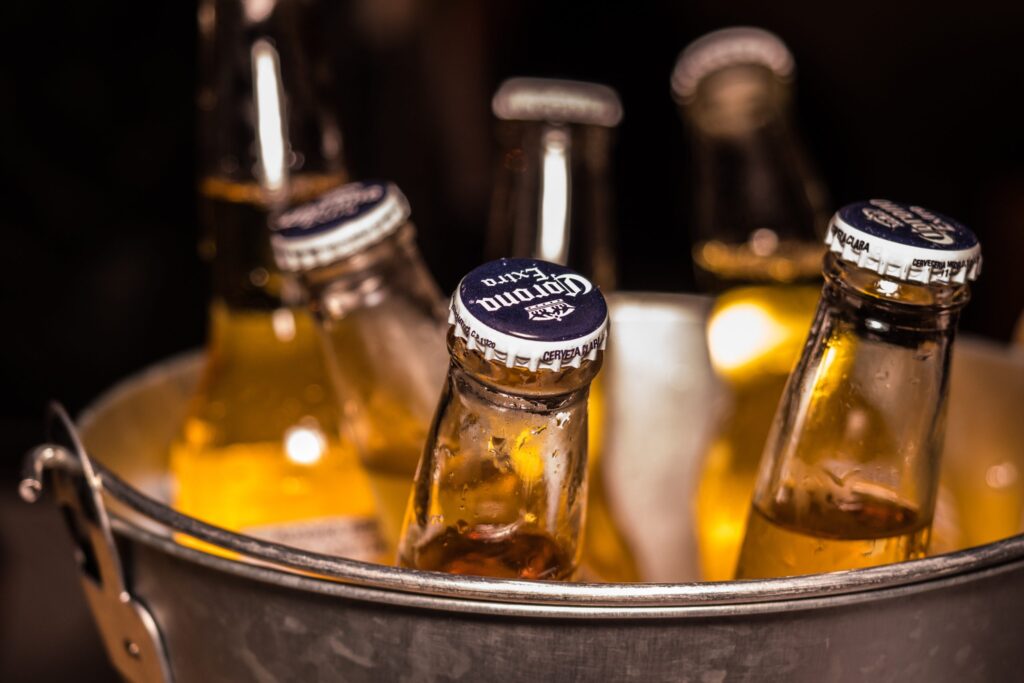Among the recent changes to Illinois state law, one, in particular, has caught the attention of Illinois establishments who sell and re-sell beer. Effective June 2019, Public Act 101-0016 amends the Liquor Control Act of 1934 (235 ILCS 5/5-1(p) and (q)) regarding the return of unused, salable beer.
Prior to the enactment of Public Act 101-0016, beer distributors were under no obligation to accept the return of unused beer, regardless of the circumstances. Such rules put special event coordinators and caterer retailers at a significant disadvantage, especially if an event for which the beer was purchased was canceled due to circumstances beyond their control. One rained out gala or wedding could create a real hardship for smaller businesses, creating inventory surpluses that were likely to spoil before they could be used by new customers.
Under the new law, a beer distributor may now offer credit or a refund for the return of unused, salable beer under certain circumstances. These circumstances are very specific and apply only to purchasers who hold a Special Use Permit or a Caterer Retailer Permit. These Illinois licensees can now potentially return any unused, salable beer purchased directly from a distributor. The distributor may, at their discretion, then issue a refund or a credit to the licensee’s account. However, this only applies to beer purchased (excludes wine and spirits) and delivered directly to an off-site location, such as an event center or another venue. Beer purchased from the distributor and delivered to the licensee’s primary location cannot be returned.
The new law provides a few other limitations on Caterer Retailers and Illinois Special Event Retailers. For this group of licensees, a cancellation of an offsite-outdoor event by an “act of God” is the only circumstance unused, salable beer may be returned for a credit or refund.
Buying too many kegs of beer for the event is a problem, but the distributor cannot accept the unsold beer as a returned product. However, in the event that inclement weather forced the cancellation of the off-site event for which the beer was purchased, distributors may now offer either a refund or a credit for any unused, salable beer that the licensee wishes to return.
The law does allow a Caterer Retailer licensee to transfer the unsold beer from an off-site event location to its primary retail premises at the conclusion of the offsite event. Alternatively, the Caterer Retailer licensee may engage the distributor to transfer the beer from the off-site event location to its primary retail premises only if the distributor was already paid for the beer, fuel, labor, and delivery prior to delivery to the licensee’s premises.
Although the new law offers some relief for Special Event and Caterer Retailer licensees on beer purchases, that relief does not extend to other alcoholic beverages. The law only covers the purchase of beer and does not extend to refunds for unused wine or other spirits. If anything, other than beer was on the drink menu, the licensee remains on the hook for covering any associated costs. The law also raises the question of product safety when considering that the kegs of beer purchased then returned are likely to be re-sold and served at a later date. How will distributors guarantee the quality of any unused product? Would you want to know if the beer served at your next event had been returned?
Jordan Matyas is an Illinois attorney. If you have a liquor license or have questions about liquor law call 1818 today.



